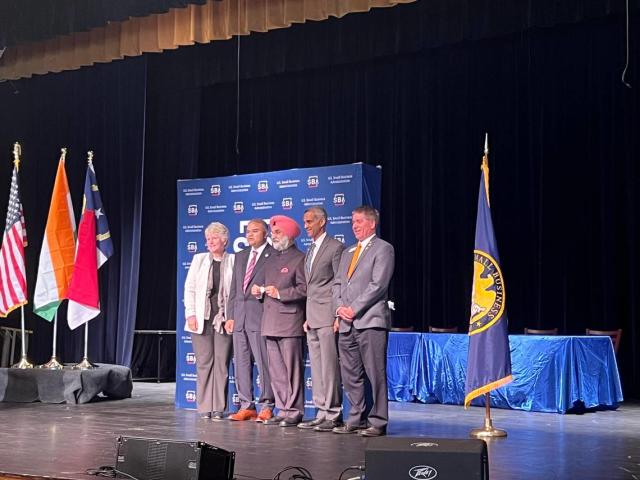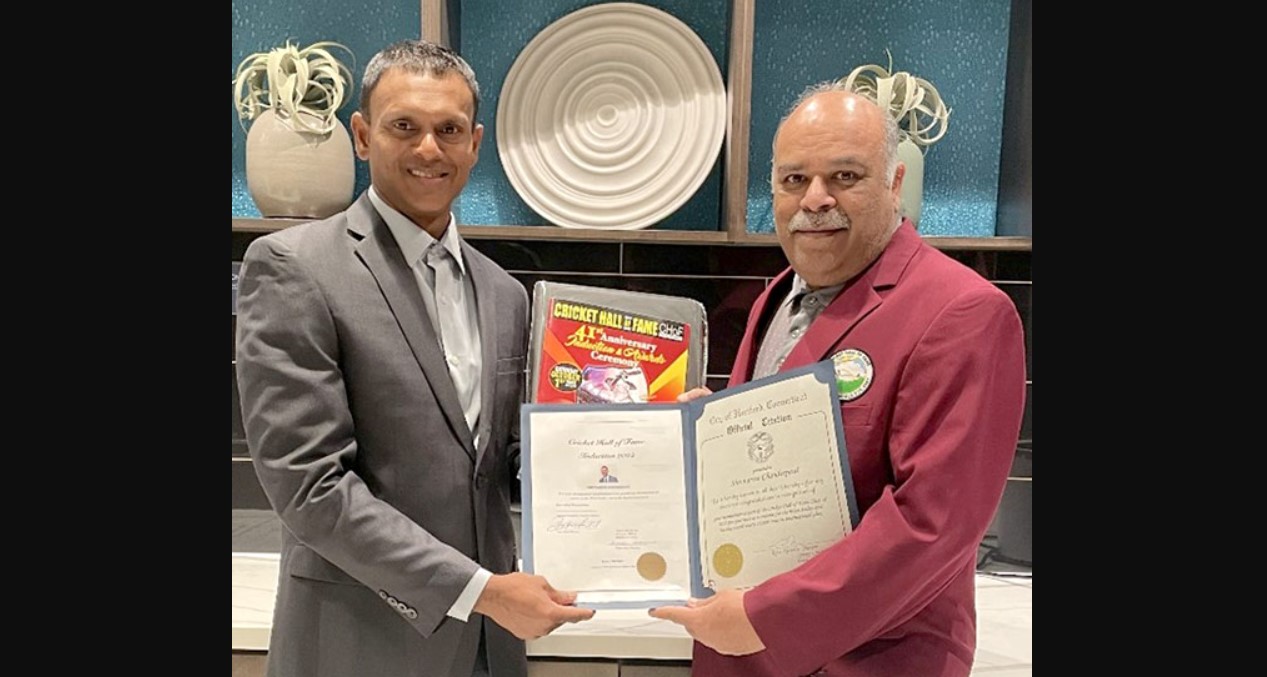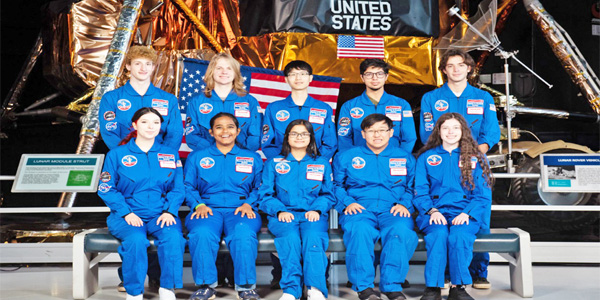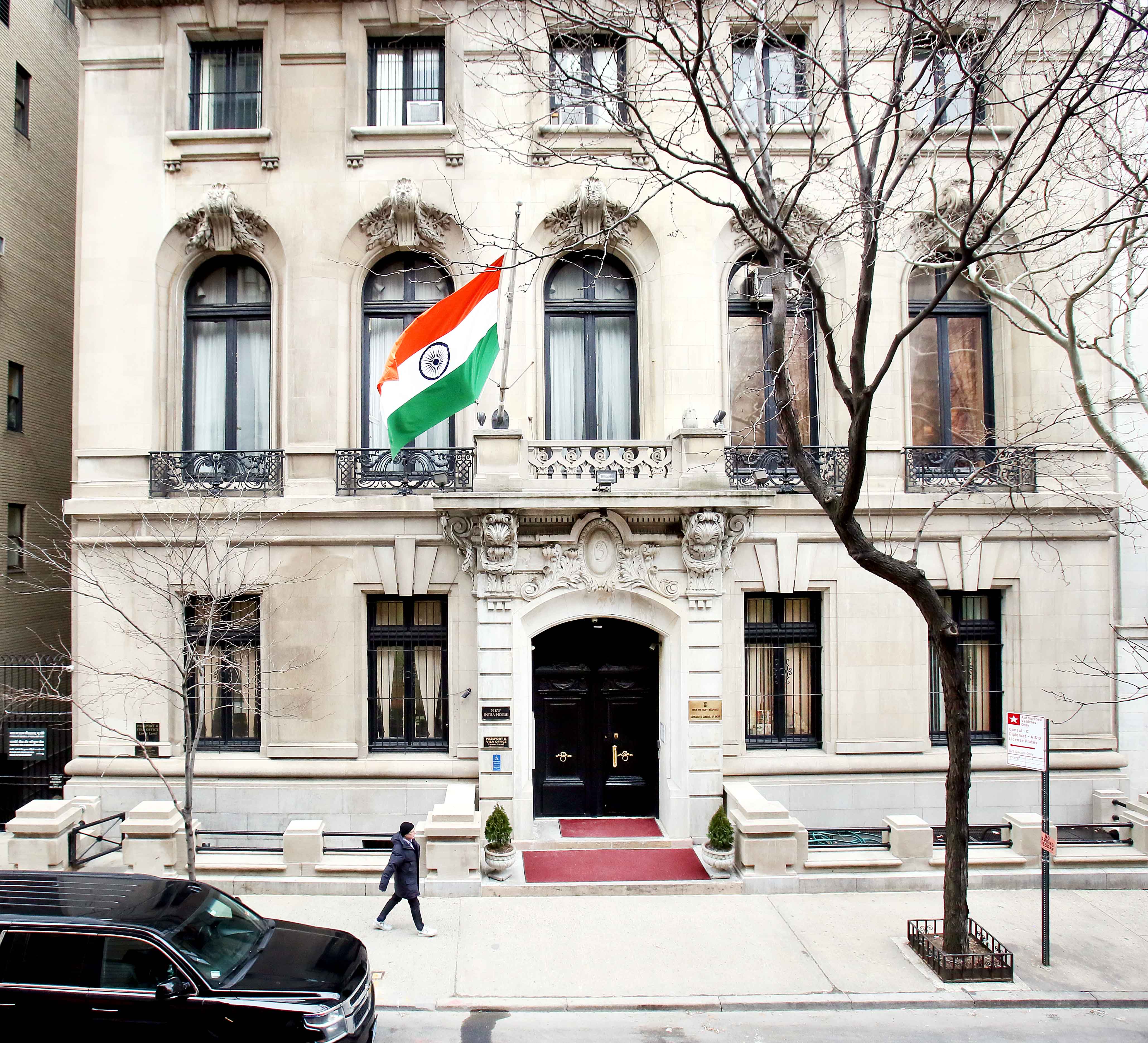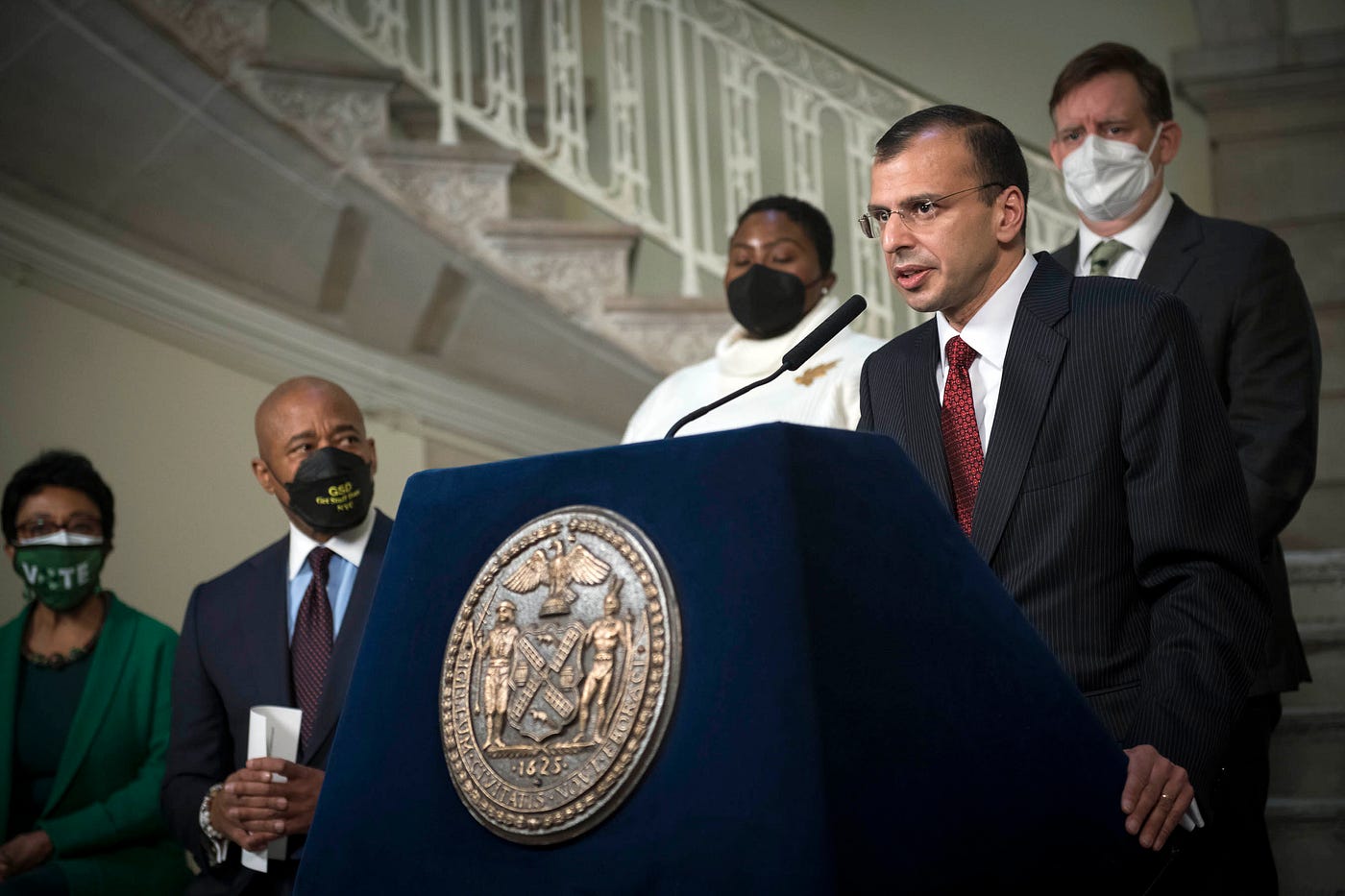Indian business owners talk strategy post-pandemic as nearly half of the town’s 32,000 residents and many of its business owners are Indian Americans and Indian immigrants.
Our Bureau
Morrisville, NC
US Small Business Administration and Indian Embassy organized US-India Business Connection summit in the town of Morrisville. International, federal, state and local leaders gathered to highlight local businesses and the benefits of strengthening relationships and diversity.
Governor Roy Cooper said, “It’s important for us to talk about strategies on how small business can not only survive but thrive, particularly post-pandemic,” Cooper said. “I always like to think of good things coming out of bad things.” Morrisville has over 300 businesses employing more than 28,000 people in the area. Nearly half of the town’s 32,000 residents and many of its business owners are Indian Americans and Indian immigrants.
The convention covered topics like how to access capital to grow a small business and how to access markets and business intelligence. There are more than 964,000 small businesses employing 1.7 million people around the state. The convention was held with the aim to build “connections that help people sell in their respective markets and at the same time increase investments and jobs,” Cooper said. “This is also a macro-opportunity for the entire state,” he continued. “By strengthening the connections between India and North Carolina, we’re not only bringing in investment to create jobs, we’re creating opportunities for small businesses — all small businesses, not just Indian businesses.”
Sarika Bansal, owner of Raj Jewerly in Morrisville, said small local businesses struggled with cash reserves and other issues when COVID-19 hit. The Small Business Administration, which offered millions of dollars in relief was a saving grace, she said. “The SBA came to the rescue at the time with much-needed relief,” Bansal said. “They kept the businesses at least afloat, and we were able to ensure our staff members were getting salaries. It was a very critical time.” Bansal said.
















